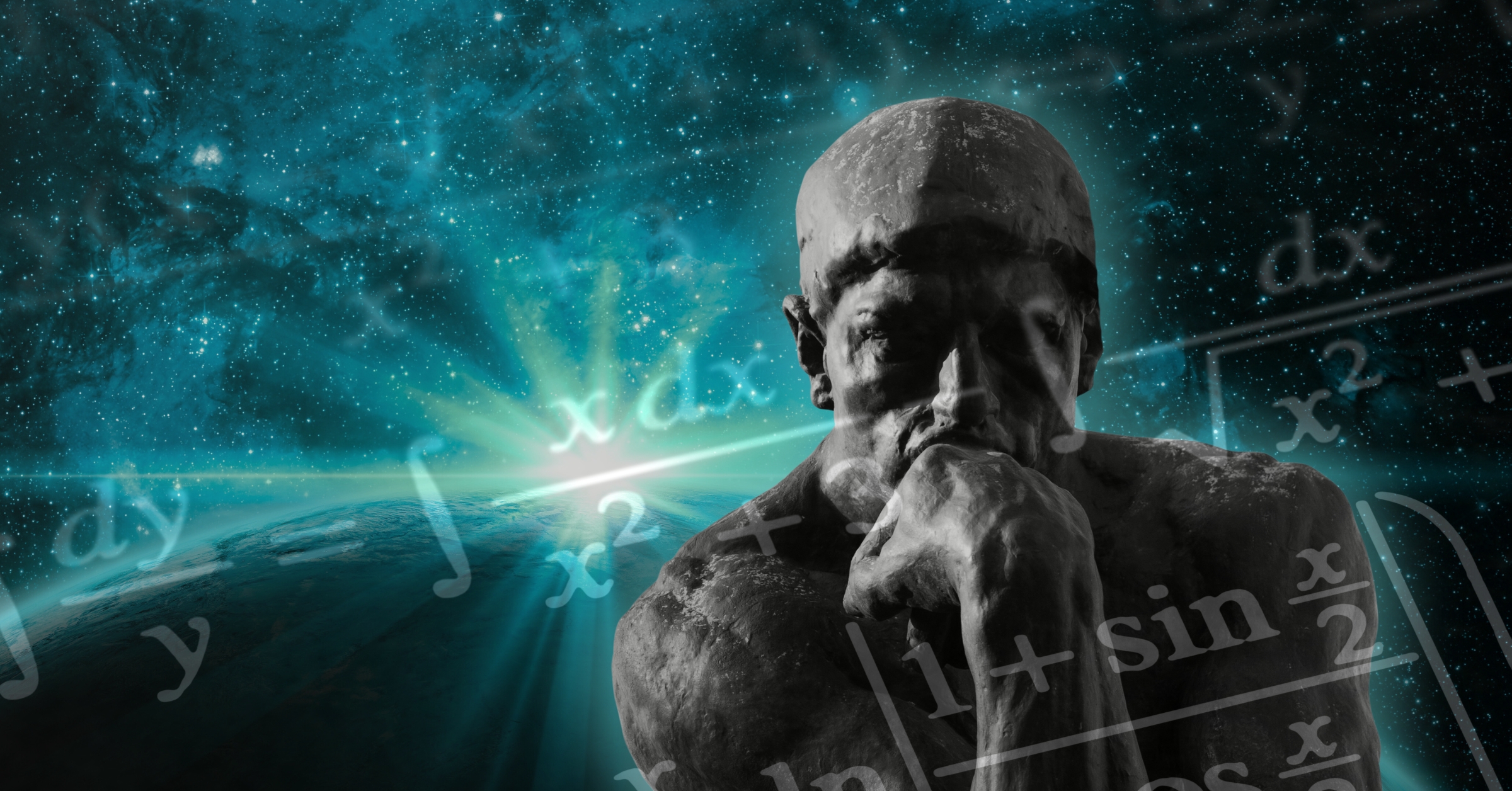-By Frank Turek
When I debated atheist Christopher Hitchens, one of the eight arguments I offered for God’s existence was the creation of this supremely fine-tuned universe out of nothing. I spoke of the five main lines of scientific evidence—denoted by the acronym SURGE—that point to the definite beginning of the space-time continuum. They are: The Second Law of Thermodynamics, the Expanding Universe, the Radiation Afterglow from the Big Bang Explosion, the Great galaxy seeds in the Radiation Afterglow, and Einstein’s Theory of General Relativity.
While I don’t have space to unpack this evidence here (see I Don’t Have Enough Faith to Be an Atheist), it all points to the fact that the universe began from literally nothing physical or temporal. Once there was no time, no space, and no matter and then it all banged into existence out of nothing with great precision.
The evidence led astronomer Dr. Robert Jastrow—who until his recent death was the director of the Mount Wilson observatory once led by Edwin Hubble—to author a book called God and the Astronomers. Despite revealing in the first line of chapter 1 that he was personally agnostic about ‘religious matters,” Jastrow reviewed some of the SURGE evidence and concluded, “Now we see how the astronomical evidence leads to a biblical view of the origin of the world. The details differ, but the essential elements in the astronomical and biblical accounts of Genesis are the same: the chain of events leading to man commenced suddenly and sharply at a definite moment in time, in a flash of light and energy.”
In an interview, Jastrow went even further, admitting that “Astronomers now find they have painted themselves into a corner because they have proven, by their own methods, that the world began abruptly in an act of creation to which you can trace the seeds of every star, every planet, every living thing in this cosmos and on the earth. And they have found that all this happened as a product of forces they cannot hope to discover. . . . That there are what I or anyone would call supernatural forces at work is now, I think, a scientifically proven fact.”
Jastrow was not alone in evoking the supernatural to explain the beginning. Athough he found it personally “repugnant,” General Relativity expert Arthur Eddington admitted the same when he said, “The beginning seems to present insuperable difficulties unless we agree to look on it as frankly supernatural.”
Now why would scientists such as Jastrow and Eddington admit, despite their personal misgivings, that there are “supernatural” forces at work? Why couldn’t natural forces have produced the universe? Because there was no nature and there were no natural forces ontologically prior to the Big Bang—nature itself was created at the Big Bang. That means the cause of the universe must be something beyond nature—something we would call supernatural. It also means that the supernatural cause of the universe must at least be:
- spaceless because it created space
- timeless because it created time
- immaterial because it created matter
- powerful because it created out of nothing
- intelligent because the creation event and the universe was precisely designed
- personal because it made a choice to convert a state of nothing into something (impersonal forces don’t make choices).
Those are the same attributes of the God of the Bible (which is one reason I believe in a the God of the Bible and not a god of mythology like Zeus).
I mentioned in the debate that other scientists who made Big-Bang-related discoveries also conclude that the evidence is consistent with the Biblical account. Robert Wilson—co-discoverer of the Radiation Afterglow, which won him a Noble Prize in Physics— observed, “Certainly there was something that set it off. Certainly, if you’re religious, I can’t think of a better theory of the origin of the universe to match with Genesis.” George Smoot—co-discoverer of the Great Galaxy Seeds which won him a Nobel Prize as well—echoed Wilson’s assessment by saying, “There is no doubt that a parallel exists between the Big Bang as an event and the Christian notion of creation from nothing.”
How did Hitchens respond to this evidence? Predictably, he said that I was “speculating”—that no one can get behind the Big Bang event. I say “predictably” because that’s exactly the response Dr. Jastrow said is common for atheists who have their own religion—the religion of science.
Jastrow wrote, “There is a kind of religion in science . . . every effect must have its cause; there is no First Cause. . . . This religious faith of the scientist is violated by the discovery that the world had a beginning under conditions in which the known laws of physics are not valid, and as a product of forces or circumstances we cannot discover. When that happens, the scientist has lost control. If he really examined the implications, he would be traumatized. As usual when faced with trauma, the mind reacts by ignoring the implications—in science this is known as “refusing to speculate.”
Hitchens admits the evidence but ignores its implications in order to blindly maintain his own religious faith (watch the entire debate at CrossExamined.org here). How is it speculation to say that since all space, time, and matter were created that the cause must be spaceless, timeless and immaterial? That’s not speculation, but following the evidence where it leads.
Dr. Jastrow, despite his agnosticism, told us where the evidence leads. He ended his book this way: “For the scientist who has lived by his faith in the power of reason, the story ends like a bad dream. He has scaled the mountains of ignorance; he is about to conquer the highest peak; as he pulls himself over the final rock, he is greeted by a band of theologians who have been sitting there for centuries.”











